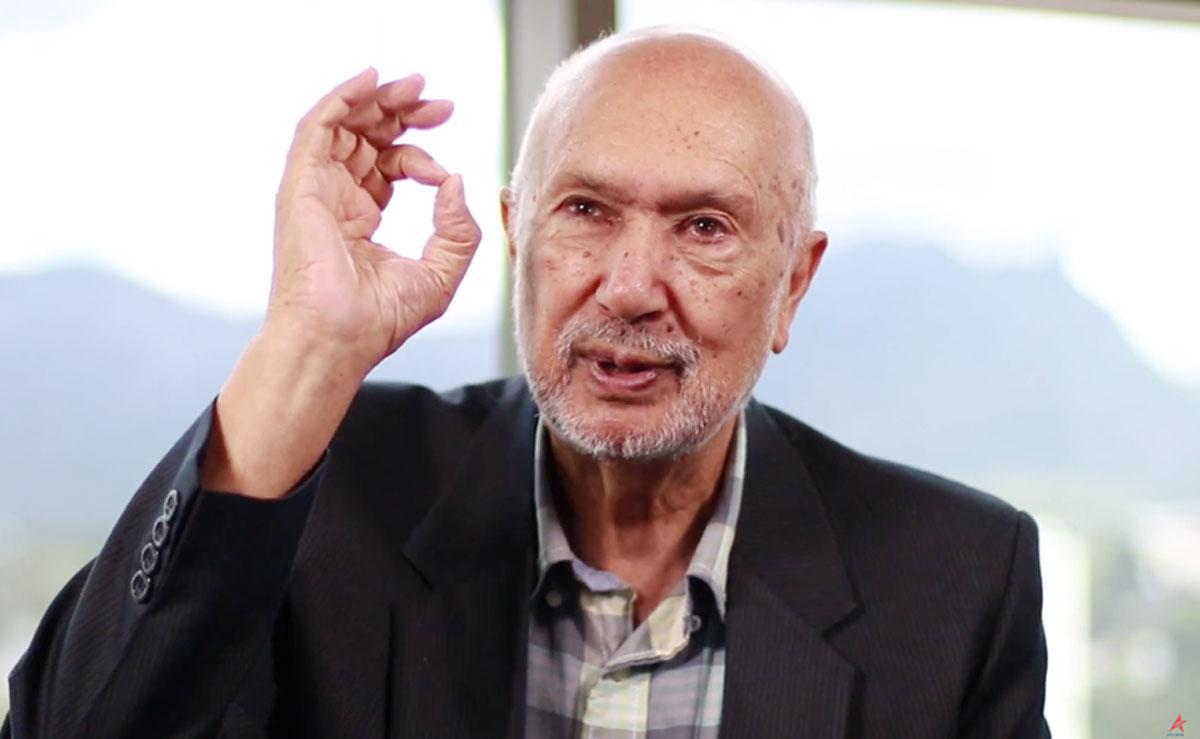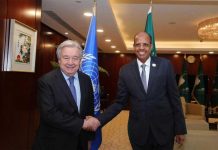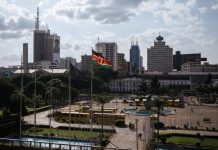
Africa-Press – Mauritius. Dr Atchia is a senior Mauritian consultant in the Environmental Education sectors and has been a Programme Director at UN Environmental Program in Nairobi from 1986 to 1996, responsible during the same period for the ‘International Environmental Education Programme’ of UNESCO/UNEP.
He is also outgoing President of the Mauritian Academy of Science and Technology and member of the Democracy Watch Mauritius. We thought it appropriate to have his views on various topics that have been hogging the limelight in recent weeks together with more specific recommendations on the environment front.
As a member of Democracy Watch Mauritius (DWM), what’s your “independent and non-partisan” reading of the mood of the people here these days? Most Mauritians have concerns these days about the rising cost of living, but do you think that they are also concerned about the state of our democracy or that it could be under threat?
Dr Michael Atchia: At the level of the DWM, we have asked this key question: ‘Where do the crises originate?’, and we have proposed possible answers to that question.
We are of the view that the people and organisations which do not abide by the law are one source of the problem. Government institutions which do not stick to the rule of law are responsible for their own poor rating.
Wrong decision-making by the Executive adds to the crisis. One has to read the annual report of the Director of Audit to be shocked by the waste of millions of public funds without the culprits being held accountable.
As regards the Audit report, Democracy Watch would like to know whether Section 110(1) of the Constitution has been respected in regard to the recent appointment of a new Director of Audit.
We learnt from the press that the Leader of the Opposition has complained that he was not consulted. We have not seen any communiqué from the President’s Office or the PMO stating the facts.
Should the citizens rush to the Supreme Court to file a complaint? At the end of the day, we should be asking this question: Do we know where we are heading?We believe that such laisser faire attitude can be harmful to our democracy.
* Some people suggest that there is an evident mood of anxiety and fear among the population, who perceive a policy of repression being imposed by the authorities.
Do you think that’s a correct reading of the present situation, or is it all being made up by the media, written and broadcast, with their daily feeds about the bad things happening in our society?
I totally reject this “all being made up by the media” excuse. We have a superb, diverse and responsible media which indeed plays its role, fully reflecting the current situation in the country and informing the public as to what is going on.
An A+ to our diverse media: printed press, private radios and online papers like your respected Mauritius Times. An A+ even to MBC-TV, which reflects very well the ruling party’s and government’s position.
They have done so à outrancewhen Navin Ramgoolam was in power and continue to do the same thing under Pravind Jugnauth. Except that it’s not what the MBC Act specifically prescribes!
The Mo Ibrahim Index of African Governance (IIAG), published every two years, is the most comprehensive dataset measuring African governance performance.
It constitutes a framework for citizens, governments, institutions, academics and business to assess the delivery of public goods and services, and policy outcomes, across Africa.
The number one position of Mauritius (out of 54 African states) in this Index of governance is a good reflection of our situation. We score 74.9 out of 100.0 in Overall Governance, ranking 1st out of 54 countries in Africa, while the African average was 48.9, and that for Eastern Africa stood at 46.0.
When citing this ranking for Mauritius, there has often been a reaction from some UN colleagues: ‘Compare your country with Scandinavia, with Europe, with NorthAmericaif you want higher standing.
I have vouched in some previous articles of two models which I admire: Finland and Singapore. Both have very different approaches, with Finland being truly democratic, with the participation of citizens at all stages of governance.
On the other hand, Singapore is autocratic but stands at the top of the world in terms of governance, planning its future all the time, with its citizens’ full participation, but true to say left with no choice as to do so or not to do so.
Mentioning Europe as a standard, just see what has happened in France these last few days, as a result of one police incident and the earlier riots a few months backover the age of retirement.
The riots which have spread throughout France and its departments, including our neighbour, Reunion Island are terrifying. We need to draw appropriate lessons as to what makes good governance and stability and what does not.
For More News And Analysis About Mauritius Follow Africa-Press






